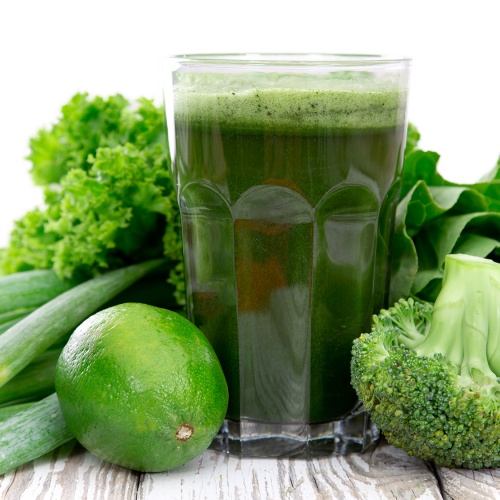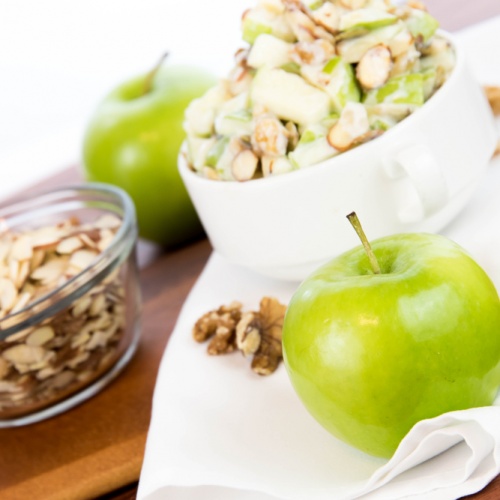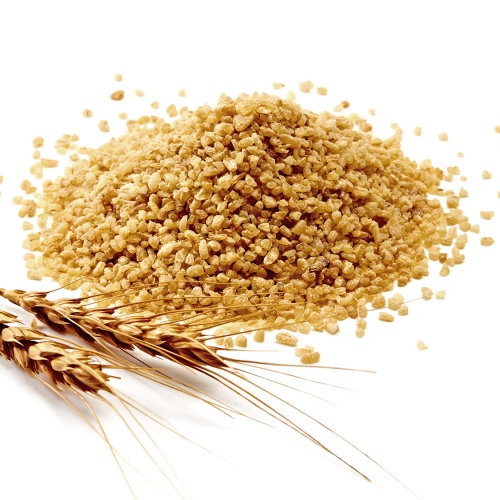Do you find yourself baffled by the number of vitamins and fish oil pills for sale? Increasing numbers of us take dietary supplements, which usually come in pill, powder or liquid form. Common supplements include vitamins, minerals and herbal products also known as botanicals. Typically people take supplements to make sure they get enough essential nutrients and to maintain or improve their health from energy to hormone levels.
With today’s modern lifestyle, specific supplements can be a really useful support for the following:
• Stress causes the body to produce cortisol, which can deplete levels of magnesium and vitamin B6. Consider taking a B complex supplement, which can support the adrenal and thyroid glands as well as blood sugar control.
• Almost eighty percent of the immune system is located in the digestive system, making a healthy gut important for optimal health and immunity. Probiotics, such as lactobacillus and bifidobacterium, are strains of bacteria shown to help restore the balance of the intestine. Probiotics have many vital functions including digestion, producing vitamin K, promoting mineral absorption and in the breakdown of toxins.
• Digestive discomfort may be alleviated by taking Lglutamine (for diarrhoea), psyllium (for constipation) or specific digestive enzymes (for indigestion). When our digestion system is impaired it reduces our ability to absorb key nutrients so an all round multivitamin could be useful.
• Essential Fatty Acids (EFAs) such as omega3’s support brain function, hormone balance and skin health. Since our bodies cannot make omega3 fats, many people are deficient and so they are commonly taken as a supplement.
• Multivitamins can help fill the gaps in the diet. For people with certain health concerns e.g. folic acid in pregnancy, a multivitamin might be helpful. If you suspect you aren’t getting enough vitamins and minerals from diet alone, maybe you should consider a multivitamin.
Seasonal Supplements:
Zinc
Zinc is an immunity-bolstering mineral and even a mild deficiency can increase infection risk. Try zinc-rich foods such as beef, poultry, fortified cereals, yoghurt or milk.
Selenium
Found in Brazil nuts and shellfish, and helps white blood cells produce cytokines that help clear viruses.
Allicin
Garlic contains the active ingredient allicin, which fights infection and bacteria.
Vitamin A
Plays a major role in producing connective tissue, such as skin, which acts as the first line defence against bacteria and viruses. One of the best ways to get vitamin A into your diet is from foods containing betacarotene like sweet potatoes, squash and carrots.
Iron
Iron isn’t just found in red meat! By eating leafy greens, beans and lentils you can be sure to get enough iron to keep you strong and healthy. Consume alongside vitamin C for maximum absorption.





